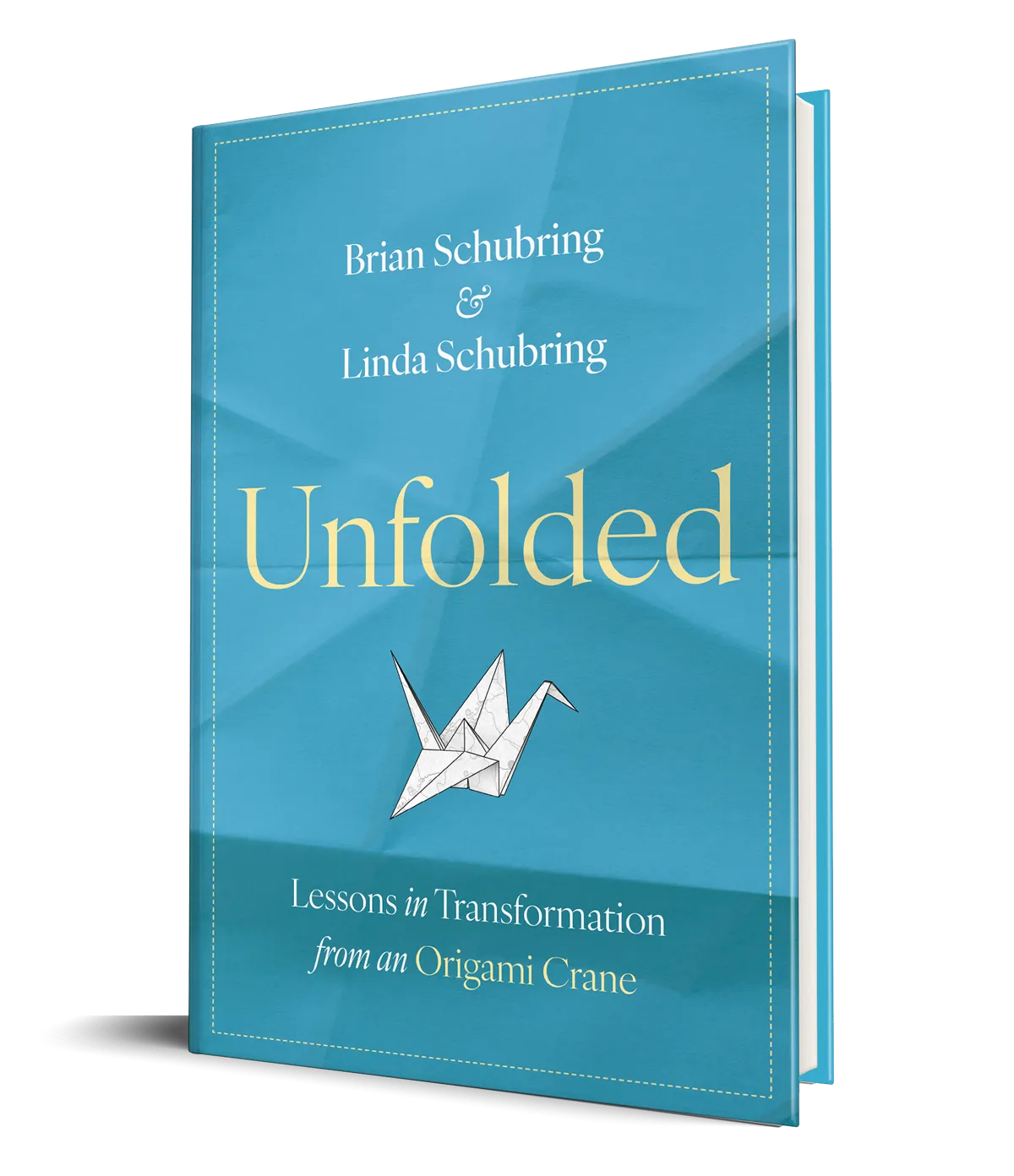How Strengths Knowledge Builds Emotional Intelligence
Emotional Intelligence (EI or EQ) is “the ability to be perceptively in tune with yourself and your emotions, as well as having sound situational awareness…knowing, understanding and responding to emotions, overcoming stress in the moment, and being aware of how your words and actions affect others”.[1] Since Daniel Goleman introduced the topic in his 1995 New York Times Bestseller, the concept of Emotional Intelligence has grown into a worldwide phenomenon, finding integration into every industry, every boardroom, and every leadership lecture across the world. Various studies over the past twenty years have found that Emotional Intelligence is a greater indicator of job performance, personal satisfaction, and team effectiveness than IQ or professional training. [2]
When combined with a Strengths approach, EQ may be your greatest opportunity for personal leadership growth!
<Strengths as the Why to EQ’s What
At Leadership Vision, we are well aware of the profound importance emotional intelligence plays in the lives and careers of our clients. In fact, we’ve found that much of the work we do with People, Teams, and Cultures is directly correlated to the desired outcomes of emotional intelligence evaluations. In fact, according to Goleman, “the three areas of focus in order to have a greater propensity in leadership development are an inward focus, a focus on others, and a focus on the wider world”.[3]
The Emotional Assessment Evaluation, which gives individuals a numbered score between 1 and 160, drives to inform how skilled a given leader is in each of these three focuses by assessing propensity in each of five components that make up a well-rounded EQ:
- self-awareness
- self-regulation
- social skills
- empathy
- motivation
These five components of EQ are deeply embedded in the work we do at Leadership Vision as well! When we work with client teams, our Strengths Based focus allows Strengths to inform individual growth in each of those five components of EQ. If Emotional Intelligence is the WHAT that we should all strive for as well rounded individuals, our focus on People, Teams, and Culture are really the WHY by which you and I can define and expand our EQs!
Self-Awareness and Self-Regulation
The foundation of personal EQ is self-awareness. It doesn’t matter how skilled we are in a given craft or even how well we can understand others in their emotional and social makeup. Apart from self-awareness and the ability to self-regulate based on our personal response to the world around us, we aren’t able to perform at a sustainably high level in any arena of life. For this reason, a recently published study concluded that those with high EQ’s earned an average of $29k more per year than counterparts with comparable IQ’s! [2]
When we use Strengths to build Healthy People, self-awareness and self-regulation are intentionally cultivated from the start. A leading university professor who operates as a Certified EQ consultant said, “Strengths create a container that allows us to create more capacity for and deeper conversation around emotional intelligence”. [4] At Leadership Vision, this Inward Focus is elevated by our ThemePrint tool. By helping to identify not just your Top Five Themes of Strength but also your instinctive behavioral responses to the world around you, we equip our clients to understand and appropriately regulate the way they interact with the world in which they operate every day.
Goleman gives this example of an Emotionally Intelligent leader with high self-awareness and self-regulation, “a manager knows tight deadlines bring out the worst in him. So he plans his time to get work done well in advance.” When equipped with our Strengths lens, that statement could sound more like this: “A manager with the StrengthsFinder Theme of Deliberative knows tight deadlines bring out the worst in her. As such, she plans her time to get work done well in advance, but when quick turnarounds are required she and her team are able to communicate openly with her Strengths in mind.” This is just one example of the way the Strength of Deliberative might show up for a manager, but the language of Strength provides an objective explanation of his behaviors.
Social Skills and Empathy
Here are some of the descriptors for social skills and empathy from Goleman’s writing:
- influence
- communication
- leadership
- change catalyst
- conflict management
- collaboration and cooperation
- anticipating needs
- developing others
- cultivating diverse perspectives
At Leadership Vision, each of those terms is addressed in nearly every service we deliver. We often say that Our Focus on Teams is the fulcrum on which People Development and Cultural Growth rise and fall. For this reason, while we help individuals understand who they are in their Strengths, the focus of our work with most of our clients is really in building intentional communication methods based on the Strengths of the individuals on their teams.
Let’s use Ben as an example. Ben is a senior leader in a large company with Strengths of Intellection, Relator, Competition, Discipline, and Analytical. A number of Ben’s teammates with Strengths like Activator, Strategic, and Ideation often find themselves frustrated at the number of questions Ben asks in meetings, the time Ben takes to make decisions and the difficulty Ben has without a clear “win” for a given project or meeting.
When Ben and his team sit down and look at their collective Themes of Strength, they gain awareness of the differences between Ben and his counterparts. But this is often where teams get stuck. Just because Ben’s Strategic Activator team has language for why he’s so different doesn’t mean the group can now collaborate or bond or manage conflict or anticipate each other’s needs any more effectively than before they knew each other’s Strengths. Here’s where our focus on Teams really changes lives. Our consultants spend much of their time unraveling and defining teams’ default communication practices, helping to assess the effectiveness of those newly defined practices, and creating intentional communication practices leveraging the Strengths and the needs of the members of the team.
Motivation & Culture
In Emotional Intelligence language, Motivation means identifying personal drive; commitment to the group, team, or organization; initiative at opportunity; and optimism in the face of obstacles. When Leadership Vision approaches the topic of Culture, we start from the belief that every individual influences the cultures around them whether intentionally or passively. For many members of teams we work with, the breakthrough in this respect is when they come to realize that their motivation to influence culture is very different from the people around them. In a world where a very distinct kind of influencer is idealized and exemplified, we use Strengths language to help to define what positive change matters to each individual and how their personal Strengths empower them to make that positive change.
Build Your Emotional Intelligence with Leadership Vision
In a subjective, rapidly changing world, leaders in every sector find ourselves defaulting to search for objective, set-in-stone rules for hiring, developing, training and retaining talent. The long-lasting effectiveness of emotional intelligence and Strengths around the world and across all sectors drives home the reality that there is no magic formula, no perfect leader, and no perfect skill set. Instead, self-awareness with a focus on others proves to be the hallmark of every good leader, regardless of Strengths, MBTI profile, or even education.
The data shows that building Emotionally Intelligent People, Teams, and Cultures is more important for effectiveness, engagement, and productivity than nearly any other single business objective.
As you work toward an Emotionally Intelligent team dynamic, how can you use Strengths as the baseline for growth?
- Gleeson, Brett. “5 Aspects of Emotional Intelligence Required for Effective Leadership”. Inc. Magazine. June 2, 2015. https://www.inc.com/brent-gleeson/5-aspects-of-emotional-intelligence-required-for-effective-leadership.html
- http://www.talentsmart.com/
- Goleman, Daniel. “What Makes a Leader?” Harvard Business Review, January 2004.
- https://www.crescendoinc.com/emotional-intelligence/crescendo-connect-conversations/70-january-11-2016-emotional-intelligence-and-strengths





